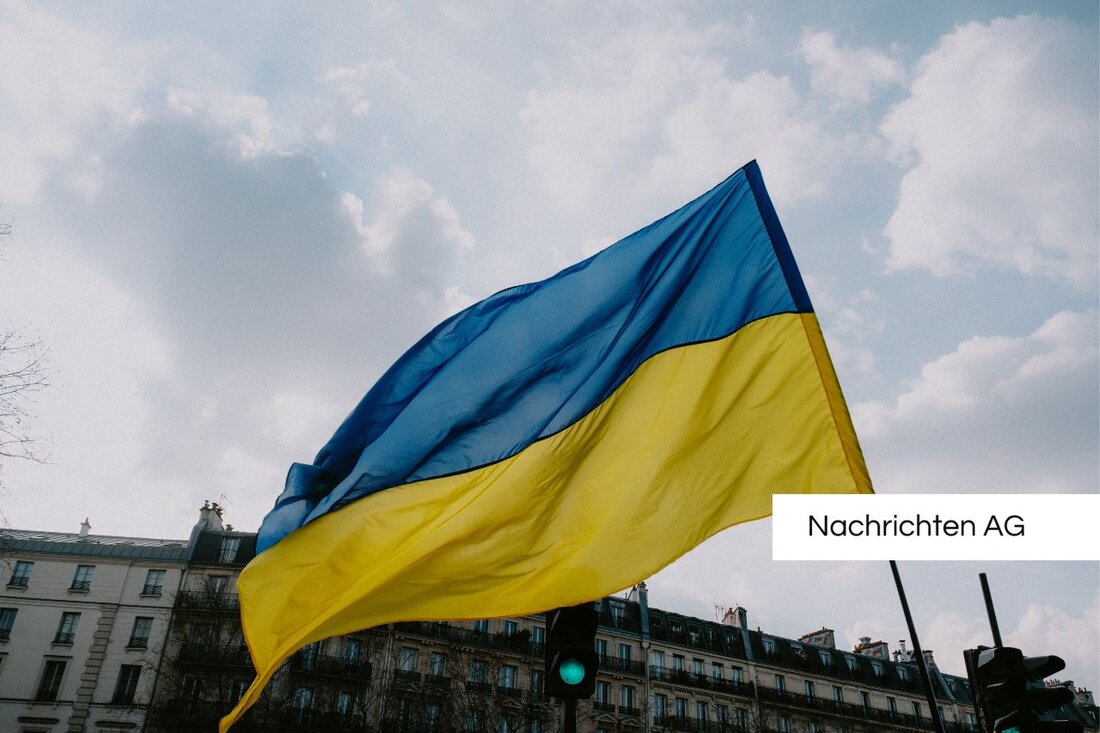Educational offensive for Ukrainian children: integration in German schools!

Educational offensive for Ukrainian children: integration in German schools!
Klütz, Deutschland - Today, an important conference of education was held at Bothmer Castle in Mecklenburg-Western Pomerania, which is all about school integration of Ukrainian children and adolescents. Minister of Education of the German countries came together to discuss solutions and measures that enable refugee pupils from Ukraine. A special guest was the Ukrainian ambassador Oleksii Makeieev, who expressed his thanks to the ministries present for their commitment in the admission and schooling of Ukrainian children. In particular, he emphasized how essential the cooperation between Germany and Ukraine will be in the future in order to integrate the educational content of both countries and to meet the needs of refugee children. Over 200,000 Ukrainian students are already part of the German school system and enjoy an important compulsory schooling here.
The Conference of Ministers of Education (KMK), which has passed additional guidelines for the integration of refugees in accordance with the results of today's conference, confirms that more than 100,000 immigrant young people from Ukraine should have access to education. These measures are under the focus of improving the learning of the German language and integration into the German school system. The Task Force Ukraine, which was founded in March 2022, is intended to support these processes and has already developed key points for the employment of Ukrainian teachers. Instead of relying on long bureaucratic paths, the work permit is made possible in many cases by simpler self -explanations.
Integration measures in practice
The schools face different challenges. While some refugees are taught in special preparatory classes, there are efforts to promote integration into regular classes and create an inclusive school environment. Simone Oldenburg, President of the KMK, pointed out the importance of promoting language and culture in refugee children. The integration should not only be supported by welcome classes, but also by digital Ukrainian teaching media. Psychosocial support for these children is provided and should be expanded if necessary.
The German education system is not unproblematic. While compulsory schooling in many federal states already begins with the asylum application, some children fight with long waiting times that can make immediate access to education. Critics emphasize that the separation in regular and preparatory classes is perceived as discriminatory and it can not only be about adaptation to the German system, but also about the appreciation of the origin and skills of the students.
A look into the future
The KMK also sees online lessons from Ukraine as a valuable measure to offer refugee children additional learning opportunities. A strong focus lies on the resilience and survival strategies of these young people, which are viewed as important resources. Approaches such as translanguaging, in which multilingual skills are promoted, could help to advance integration in the field of education.
In summary, it can be said that at today's conference at Bothmer Castle, not only the current state of integration of Ukrainian children in Germany was discussed, but also possible ways for better cooperation between the educational institutions of both countries were outlined. The aspirations for inclusion must be continued and the challenges are recognized and addressed so that each student, regardless of their origin, receives the opportunities he deserves.| Details | |
|---|---|
| Ort | Klütz, Deutschland |
| Quellen | |
